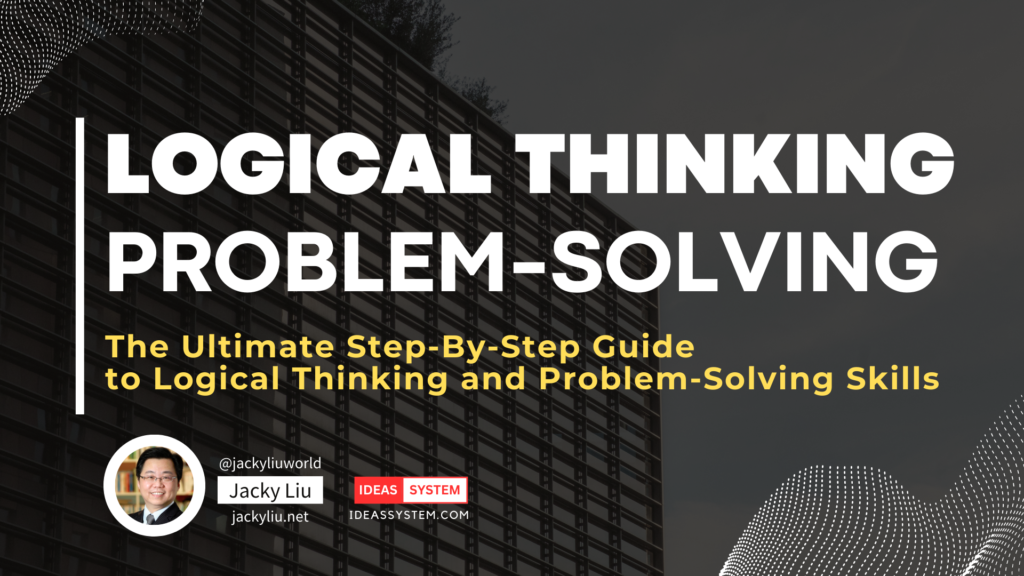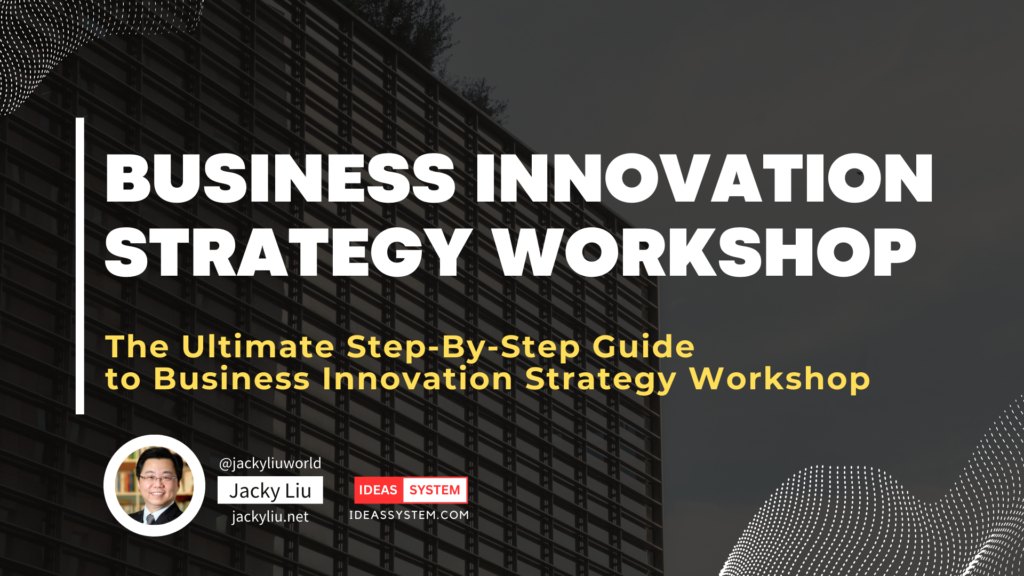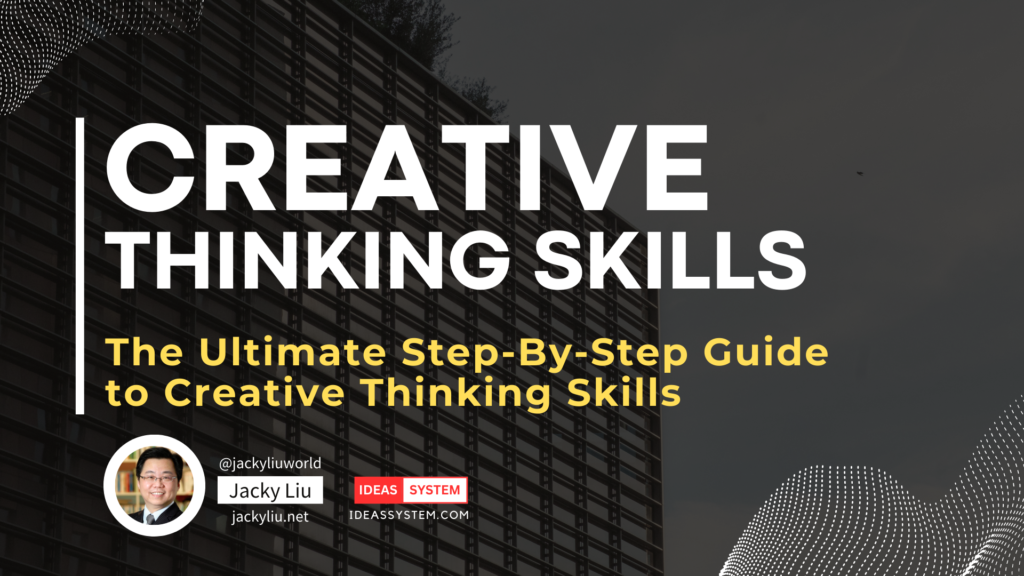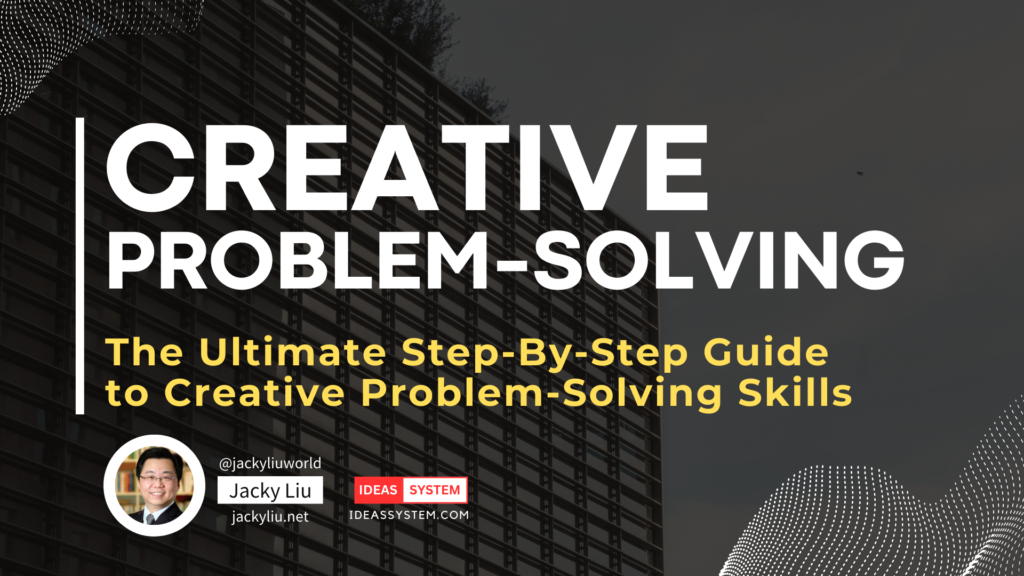Introduction
Logical thinking and problem-solving skills are essential for personal and professional success. In today’s fast-paced world, the ability to think critically and solve problems is vital for thriving in various aspects of life. This article offers a step-by-step guide to develop logical thinking and enhance your problem-solving skills. Let’s dive in!
The Importance of Logical Thinking and Problem-Solving Skills
Logical thinking and problem-solving skills allow you to analyze complex situations, identify potential issues, and find effective solutions. These skills are crucial for making informed decisions, overcoming challenges, and driving innovation in various fields. By enhancing these abilities, you can improve your performance at work, nurture better relationships, and promote personal growth.
Components of Logical Thinking
Deductive Reasoning
Deductive reasoning involves drawing specific conclusions based on general principles or premises. It’s a top-down approach where you start with a general statement and apply it to a specific situation. Deductive reasoning is considered valid when the conclusion necessarily follows from the premises.
Inductive Reasoning
Inductive reasoning is the process of drawing general conclusions based on specific observations or experiences. This bottom-up approach allows you to identify patterns and make predictions about future events. While inductive reasoning is not always certain, it can provide a solid foundation for generating hypotheses and making informed decisions.
Developing Logical Thinking
Understand the Basics of Logic
To enhance your logical thinking skills, start by familiarizing yourself with the basic principles of logic, such as premises, conclusions, validity, and soundness. Learning about common logical fallacies can also help you avoid errors in reasoning and improve the quality of your arguments.
Practice Critical Thinking Exercises*
Engage in critical thinking exercises, such as puzzles, brain teasers, and logic games, to sharpen your logical thinking skills. These activities can help you develop mental flexibility, improve your ability to analyze information, and enhance your problem-solving abilities.
Engage in Intellectual Conversations*
Participate in intellectual discussions with others to practice expressing your thoughts clearly and logically. Listening to different perspectives and evaluating their validity can help you refine your logical thinking skills and become a better problem solver.
The Problem-Solving Process
Identify the Problem
The first step in the problem-solving process is to accurately identify the problem. Clearly define the issue, its scope, and its impact on your personal or professional life. By understanding the problem, you can establish a solid foundation for finding an effective solution.
Analyze the Problem
Next, gather relevant information and analyze the problem to identify its root causes. Look for patterns, relationships, and underlying factors that may be contributing to the issue. This analysis will help you better understand the problem and guide your search for potential solutions.
Generate Potential Solutions
Brainstorm multiple possible solutions to the problem. Consider different perspectives and be open to creative ideas. The more solutions you come up with, the higher the chances of finding an effective and efficient solution.
Evaluate the Solutions
Evaluate each potential solution based on its feasibility, potential impact, and the resources required for implementation. By assessing the pros and cons of each option, you can make an informed decision about the best course of action.
Implement and Monitor the Solution
Once you have chosen the most suitable solution, develop a plan for implementation. Monitor the progress and measure the results to ensure the solution is effectively addressing the problem. Be prepared to make adjustments or explore alternative solutions if necessary.
Enhancing Problem-Solving Skills
Embrace Creativity
Creativity plays a crucial role in problem-solving. To enhance your problem-solving skills, engage in activities that promote creative thinking, such as art, writing, or brainstorming sessions. This will help you develop innovative solutions to complex problems.
Develop Resilience
Resilience is key to effective problem-solving. Cultivate a growth mindset and embrace challenges as opportunities for learning and growth. This mindset will enable you to persevere in the face of obstacles and find solutions even in difficult situations.
Seek Feedback and Learn from Mistakes
Learning from your mistakes and seeking feedback from others can help you improve your problem-solving skills. Analyze the outcomes of your decisions and use this information to refine your approach in the future.
Conclusion
Developing logical thinking and problem-solving skills is essential for personal and professional success. By following the steps outlined in this guide, you can enhance your ability to think critically, solve complex problems, and make informed decisions. Embrace the journey of continuous learning and growth, and watch your skills flourish.
FAQs
What is the difference between deductive and inductive reasoning?
Deductive reasoning is a top-down approach where specific conclusions are drawn based on general principles, while inductive reasoning is a bottom-up approach where general conclusions are drawn based on specific observations.
How can I practice critical thinking exercises?
Engage in activities such as puzzles, brain teasers, and logic games to sharpen your critical thinking skills.
Why is creativity important for problem-solving?
Creativity allows you to think outside the box and develop innovative solutions to complex problems.
What is the role of resilience in problem-solving?
Resilience enables you to persevere in the face of obstacles and find solutions even in difficult situations.
How can I learn from my mistakes in problem-solving?
Analyze the outcomes of your decisions, seek feedback from others, and use this information to refine your approach in the future.




